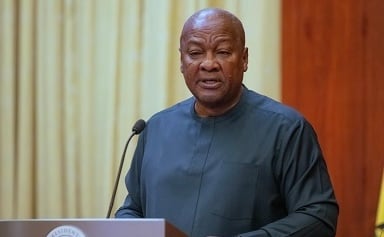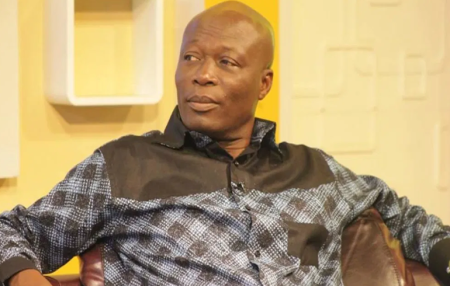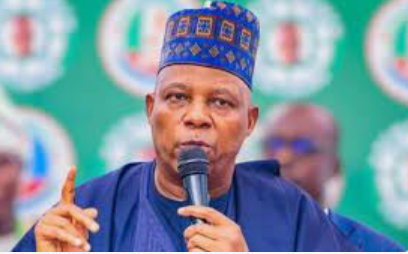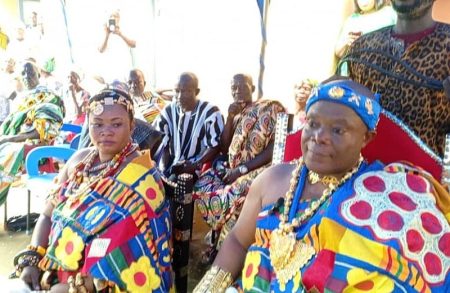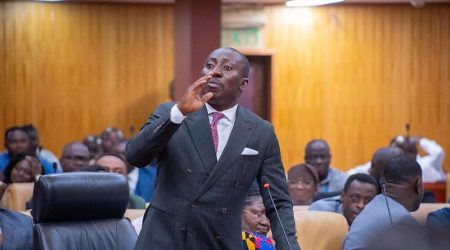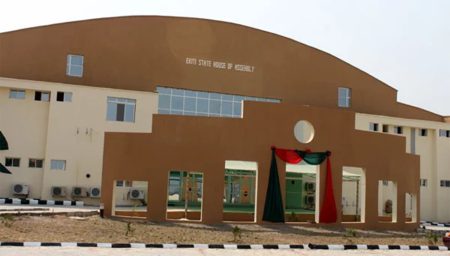President John Dramani Mahama, in a compelling address during the swearing-in ceremony of seven new Supreme Court justices, underscored the crucial need for Ghana’s judiciary to prioritize the needs of the most vulnerable segments of society. He emphasized that a justice system truly reflective of the nation’s heartbeat must be deeply attuned to the struggles of low-income individuals, women, children, and all citizens who feel marginalized or overlooked. This emphasis on social justice, according to the President, forms a cornerstone of his administration’s “Ghana Reset Agenda,” a comprehensive initiative aimed at fostering institutional renewal and strengthening the foundations of Ghanaian society. The President’s call for a more empathetic judiciary highlights a growing concern about the disconnect between the legal system and the lived experiences of ordinary citizens.
President Mahama’s remarks resonate with a broader concern about public trust in the judicial system. He acknowledged that many Ghanaians have become disillusioned with the courts due to perceptions of political interference, economic manipulation, and protracted legal processes. This erosion of public confidence, he argued, represents a significant challenge that must be addressed through concrete actions to restore faith in the impartiality and effectiveness of the judiciary. The President’s assertion that access to justice should be a fundamental right for all citizens, regardless of their socio-economic standing, underscores the importance of equitable access to legal remedies and protections. This principle aligns with the foundational ideals of a just and democratic society, where the scales of justice are balanced and accessible to everyone.
The appointment of the seven new justices – Justice Sir Dennis Dominic Adjei, Justice Gbiel Simon Suurbaareh, Justice Senyo Dzamefe, Justice Kweku Tawiah Ackaah-Boafo, Justice Philip Bright Mensah, Justice Janapare Bartels-Kodwo, and Justice Hafisata Amaleboba – represents a significant step in shaping the future direction of the Supreme Court. Their selection, following a rigorous vetting process by Parliament, signifies the importance of ensuring that the highest court is composed of individuals with impeccable credentials and a demonstrable commitment to upholding the rule of law. The President’s exhortation to the newly appointed justices to approach their duties with humility and to render judgments that reflect fairness, integrity, and the realities of ordinary Ghanaians emphasizes the crucial role they play in safeguarding the rights and liberties of all citizens.
President Mahama’s vision for a revitalized judiciary extends beyond simply addressing issues of access and fairness. He emphasized the importance of comprehensive judicial reforms aimed at modernizing court processes and expanding access to legal aid services. These reforms are designed to streamline legal procedures, reduce delays, and ensure that individuals, regardless of their financial means, have access to the legal representation necessary to navigate the complexities of the legal system. By modernizing court infrastructure and expanding legal aid programs, the government aims to create a more efficient and accessible justice system that effectively serves the needs of all citizens.
The “Ghana Reset Agenda,” as articulated by President Mahama, represents a broader commitment to reforming key institutions and addressing systemic challenges that hinder the nation’s progress. This agenda focuses on fostering greater transparency, accountability, and inclusivity in governance, with the judiciary playing a central role in upholding the rule of law and ensuring equal access to justice. By strengthening the judiciary, the government aims to create a more stable and equitable society, where the rights of all citizens are protected and where everyone has the opportunity to pursue their dreams and aspirations.
The President’s address serves as a powerful reminder of the fundamental importance of a just and equitable legal system in safeguarding the rights and freedoms of all citizens. His call for a judiciary that is responsive to the needs of the most vulnerable segments of society, coupled with his commitment to comprehensive judicial reforms, underscores the transformative potential of a justice system that truly reflects the nation’s heartbeat and serves as a cornerstone of a more just and equitable society. The success of these reforms will depend on the collective efforts of all stakeholders, including judges, lawyers, policymakers, and citizens, to work towards a common goal of strengthening the rule of law and ensuring equal access to justice for all.





